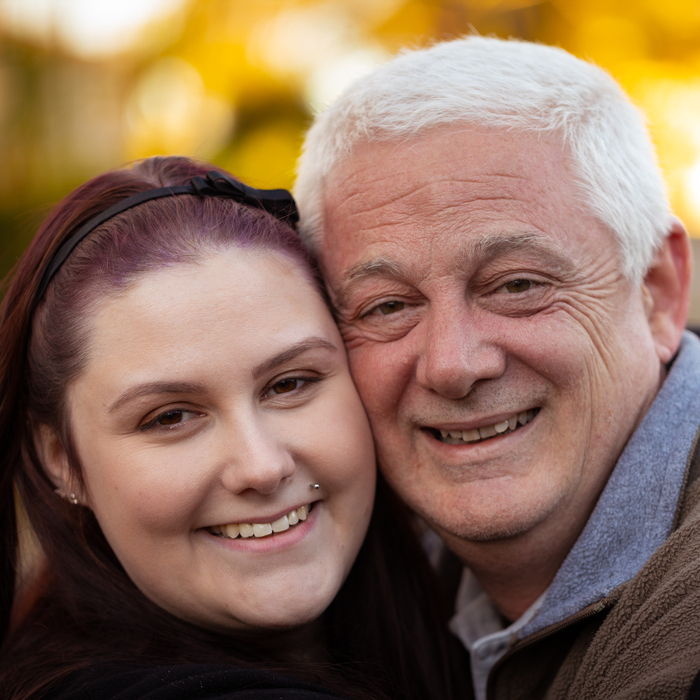Focused on Improving the Lives of Patients with Rare Genetic Mitochondrial Diseases
Reneo Pharmaceuticals is a pharmaceutical company historically focused on the development and commercialization of therapies for patients with rare genetic mitochondrial diseases.


Our priority is to develop therapies to improve daily function and quality of life of patients living with these rare diseases.
